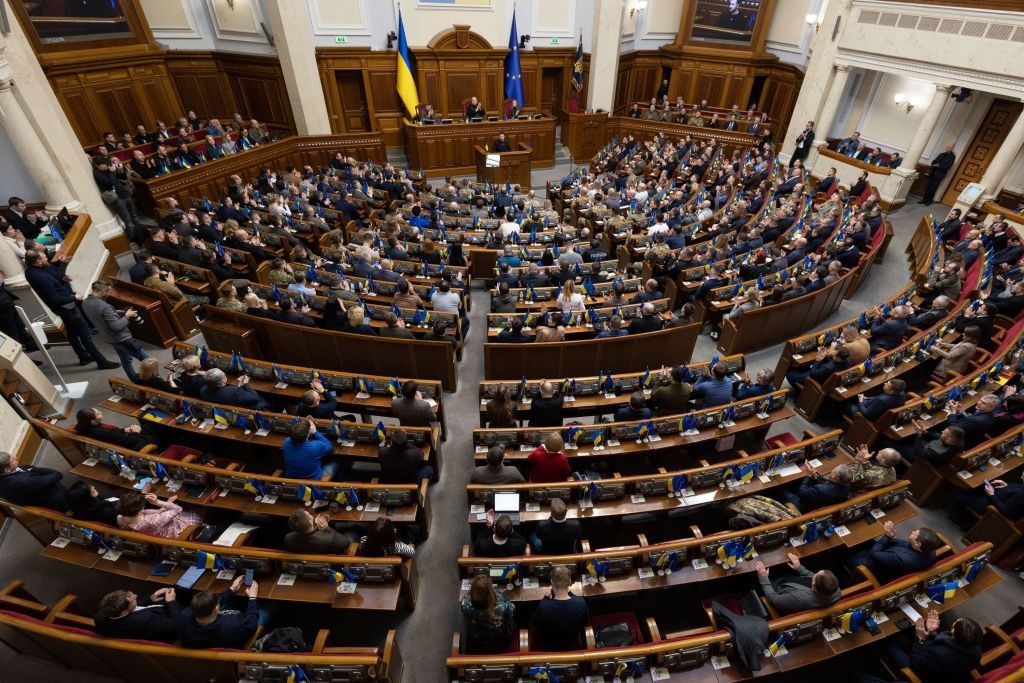David Arakhamia, head of President Volodymyr Zelensky's faction in parliament, said on Sept. 5 that he, as well as other parliamentary leaders and officials, would voluntarily make their asset declarations open to the public.
He was responding to a bill approved in the Ukrainian parliament on Sept. 5 that aims to restore the system of asset declarations for officials, but does not require them to be publicly accessible.
Under the bill, there will be no public access to officials' asset declarations for one more year, and only law enforcement agencies will be able to check them. They cannot be accessed by media and anti-corruption watchdogs.
Arakhamia said that he will appeal to the National Corruption Prevention Agency "with a demand to open my declaration."
"It will be interesting to see what percentage of officials who file declarations will (open them to the public) voluntarily," he added.
Restoring asset declarations has been central to talks on Ukraine's accession to the European Union and borrowing money from the International Monetary Fund. Anti-corruption watchdogs and opposition MPs argue that the EU and IMF are unlikely to accept the bill in this form.
Yaroslav Zheleznyak, an MP from the Holos party, said that he was not sure the IMF would interpret the bill as the implementation of one of its conditions for lending. He added that the bill was likely to be vetoed by Zelensky and sent back to parliament.
Yaroslav Yurchyshyn, an MP for the Holos party, said that lawmakers were "obviously afraid to show their fortunes acquired during the full-scale war."
Transparency International Ukraine, an anti-corruption watchdog, said that the bill envisaged a "sham" restoration of declarations.
"Our foreign partners are unlikely to consider these actions by parliament as a real step towards European integration and effective cooperation with the IMF," the watchdog said.
Anti-corruption activists believe that restoring public access is necessary as it would make the system more effective. Although government agencies are supposed to check asset declarations, they are expected to do that better if there is public pressure.
After Russia launched its full-scale invasion in February 2022, the Ukrainian authorities passed a law to allow officials not to file electronic asset declarations and shut down public access to all previous declarations. Activists say that a crucial pillar of Ukraine's anti-corruption infrastructure was destroyed in this way, allowing officials to escape any punishment for wrongdoings.
As a result, it is much more difficult and sometimes impossible to identify corruption. Moreover, without asset declarations it is also impossible to conduct proper background checks on candidates for state jobs, anti-corruption activists say.














